Description
Discover the Majestic White Lion Cub: A Rare and Exotic Pet Option
The white lion cub, with its stunning snowy coat and regal presence, is one of the most captivating and rare animals in the world. While white lions are not a separate species but a color mutation of the African lion (Panthera leo), their unique appearance and symbolism make them highly sought after by exotic pet enthusiasts. However, adopting a white lion cub is a significant responsibility that requires specialized care, a deep understanding of their needs, and compliance with legal regulations. If you’re considering bringing one into your life, let’s explore what makes these majestic creatures so special and what it takes to care for them. More
Introduction to White Lion Cubs
White lions are a rare color variant of the African lion, caused by a recessive gene known as leucism. This gene results in a pale or white coat, while their eyes and skin retain their natural pigmentation. White lion cubs are born with their striking white fur, which may darken slightly as they age. Native to the Timbavati region of South Africa, white lions hold cultural and spiritual significance in many African traditions.
Physical Characteristics
These cubs are known for their unique and mesmerizing features:
- Coat: Their fur is a creamy white or pale blonde color, setting them apart from the traditional tawny coats of African lions.
- Size: As cubs, they are small and weigh around 2 to 4 pounds, but they grow rapidly, reaching up to 400 to 500 pounds as adults.
- Eyes: Their eyes are typically blue or gold, adding to their striking appearance.
- Mane: Male white lions develop a majestic white or blonde mane as they mature.
Behavior and Temperament
White lion cubs, like their tawny counterparts, are social animals that thrive in prides. They are playful, curious, and highly intelligent, but they also retain their wild instincts. While they can form strong bonds with their human caregivers, they are not domesticated and require experienced handlers. As they grow, their behavior becomes more territorial and independent, reflecting their natural instincts as apex predators.
10 Essential Care Tips for White Lion Cubs
1. Spacious Housing
- They need a spacious, secure enclosure that mimics their natural habitat. As they grow, they will require a large outdoor space with plenty of room to roam, climb, and explore.
2. Balanced Diet
- As carnivores, they require a diet rich in animal protein. A balanced diet includes raw or cooked meat, such as beef, chicken, or venison, supplemented with bones for dental health.
3. Exercise and Enrichment
- Provide climbing structures, toys, and opportunities to explore to keep them engaged. Interactive play sessions with their owners are also essential for their well-being.
4. Social Needs
- They are social animals that thrive in the company of others. If you adopt one, consider providing a companion, such as another lion or a similarly sized animal, to prevent loneliness.
5. Grooming
- Regularly check their fur, nails, and teeth to ensure they remain in good condition.
6. Veterinary Care
- Schedule regular check-ups with an exotic animal veterinarian to ensure their health and well-being.
7. Environmental Enrichment
- Create a stimulating environment with climbing structures, foraging toys, and safe outdoor exposure (if possible).
8. Temperature and Lighting
- Maintain a temperature of 70-80°F (21-27°C) and provide access to natural or full-spectrum lighting to mimic their natural environment.
9. Training
- Use positive reinforcement techniques to teach good behavior and build trust.
10. Long-Term Commitment
- Remember, these animals can live for several decades, so ensure you’re ready for a lifelong commitment.
Legal Considerations
Owning a white lion cub is subject to strict regulations that vary by location. Many countries and states require permits, veterinary checks, and proof of adequate housing. Failure to comply with these laws can result in fines, confiscation of the animal, or legal action. Always research local laws before considering adoption.
Why Adopt a White Lion Cub?
Adopting a white lion cub is a unique opportunity to connect with one of nature’s most majestic and rare creatures. Their beauty, intelligence, and regal presence make them a truly extraordinary companion. However, ownership is not for everyone. It requires a significant commitment of time, resources, and expertise to ensure their well-being.
Interesting Facts
- They are not albinos; their white coat is caused by a recessive gene called leucism.
- They are native to the Timbavati region of South Africa and hold cultural significance in African folklore.
- They are rare in the wild, with most living in captivity due to their unique coloration.
- They are social animals that live in prides, similar to tawny African lions.
Conclusion
The white lion cub is a magnificent and awe-inspiring animal that demands respect, understanding, and dedication from its owners. If you are prepared to provide the specialized care and environment they need, you could be rewarded with a lifelong bond with one of nature’s most stunning creatures. Before proceeding, ensure that you fully understand the responsibilities and legal requirements associated with ownership.
At Exoticpetscare.com, we are committed to helping you find the perfect exotic companion. Contact us today to learn more about adopting or to explore other exotic pet options available to you.

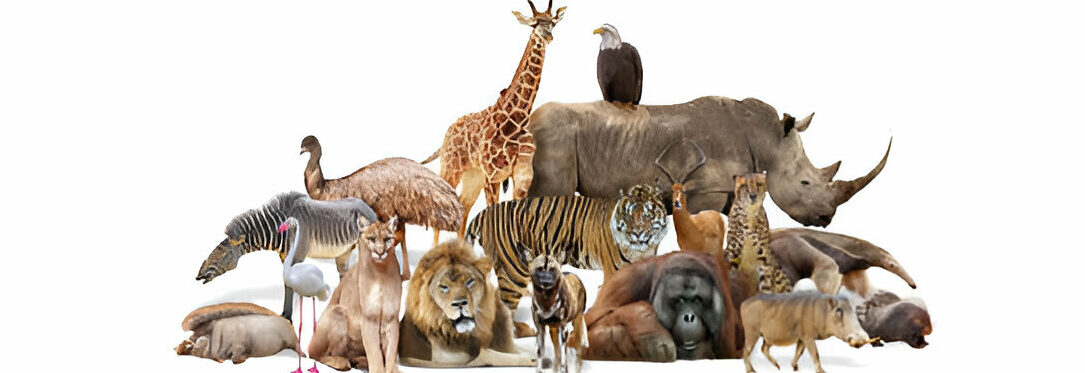

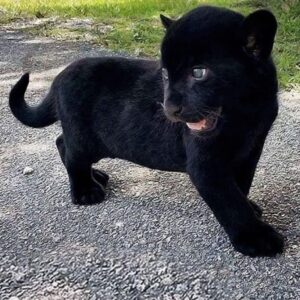
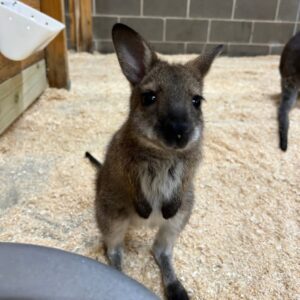
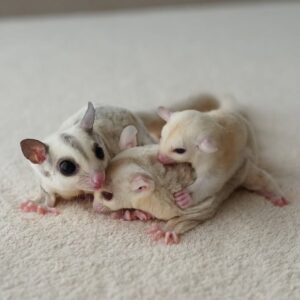
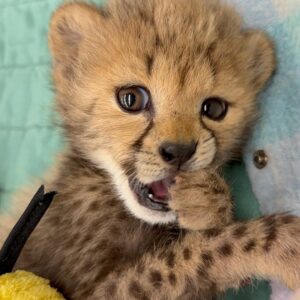
Reviews
There are no reviews yet.